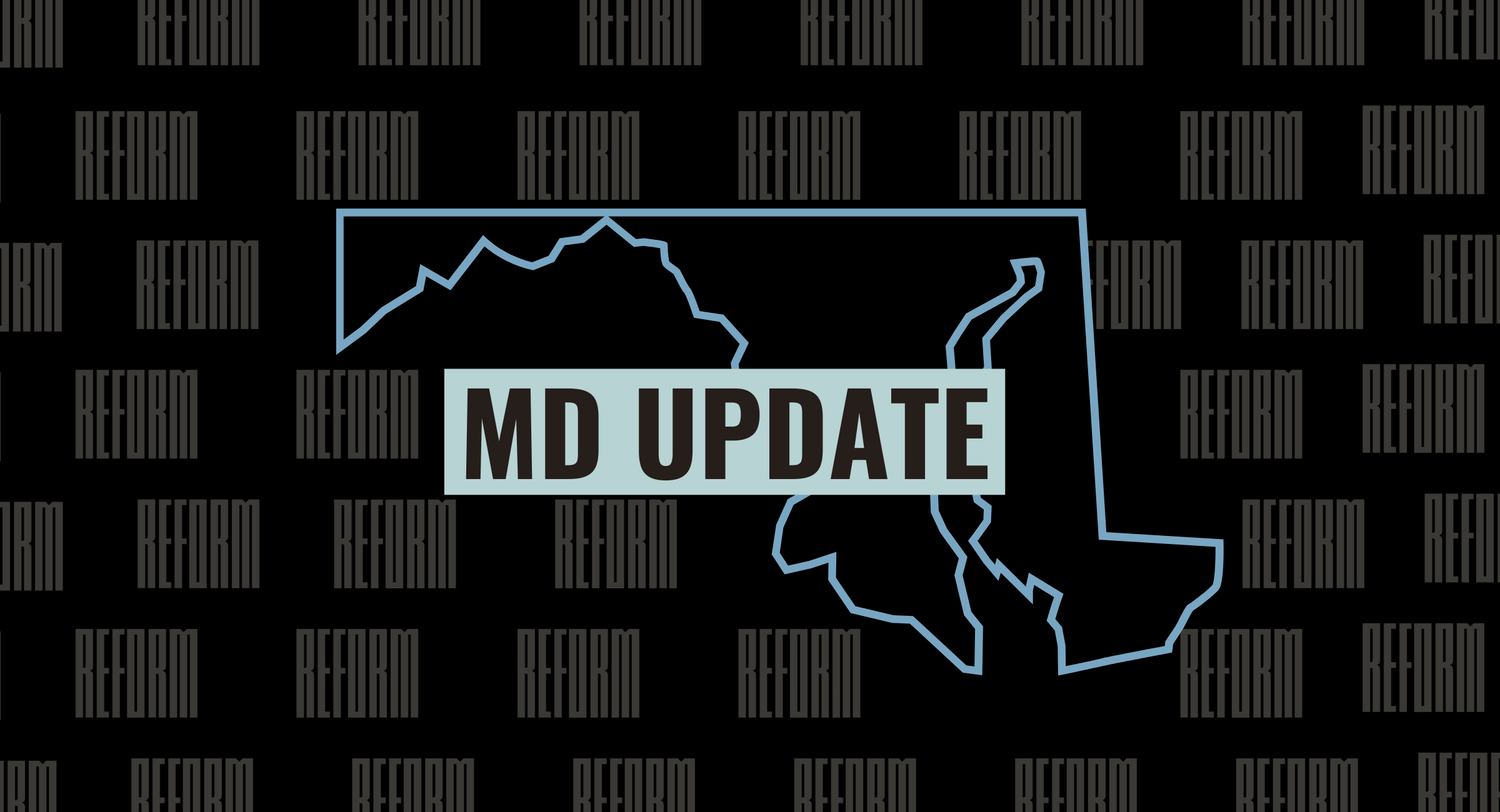Maryland has made historic strides in criminal justice reform through expungement, helping more than 150,000 people move forward with their lives. However, a legal precedent known as the Abeshik Decision has created an unexpected barrier – anyone who has ever received a technical violation while on probation or parole becomes permanently ineligible for expungement, even if they meet all other criteria.
Governor Wes Moore, working alongside REFORM Alliance and local advocates, is taking action to address this issue. The proposed legislation, SB432/HB499, aims to remove this barrier and create more opportunities for rehabilitation. As Governor Moore said in his State of the State Address,
“Our new bill would expand eligibility for expungement, by allowing individuals who violate their parole or probation to petition to have their records wiped clean…This legislation will help us build stronger pipelines to fulfilling careers and have a real, tangible impact on Marylanders of all backgrounds.”
REFORM Chief Policy Officer Erin Haney testified in support of these bills this week at the Maryland Senate Judicial Proceedings Committee, noting technical violations during supervision are a common challenge across many states. Living under supervision is complex, and minor infractions shouldn’t permanently block someone’s path to rebuilding their life. Denying expungement based solely on technical violations doesn’t enhance public safety – instead, it creates unnecessary barriers to employment, housing, and full participation in society.
Click above to watch the full video.
Other advocates also spoke in support including Maryland Volunteer Lawyers Service, Center for Urban Families, Maryland Office of the Public Defender, Maryland Legal Aid, and Out for Justice, Inc.
The Expungement Reform Act of 2025 expands on Governor Moore’s recent Executive Clemency Order, creating clearer pathways to work, wages, and wealth for Marylanders with criminal records. It ensures that a technical probation or parole violation does not disqualify otherwise eligible individuals from receiving expungement. The legislation also broadens the list of charges eligible for expungement and removes certain cannabis-related convictions from public view in the Maryland Judiciary Case Search, reducing the long-term stigma associated with a criminal record.
REFORM Alliance strongly supports SB432/HB499 as a crucial step toward creating a more just and effective criminal justice system in Maryland, one that balances accountability with genuine opportunities for second chances.

